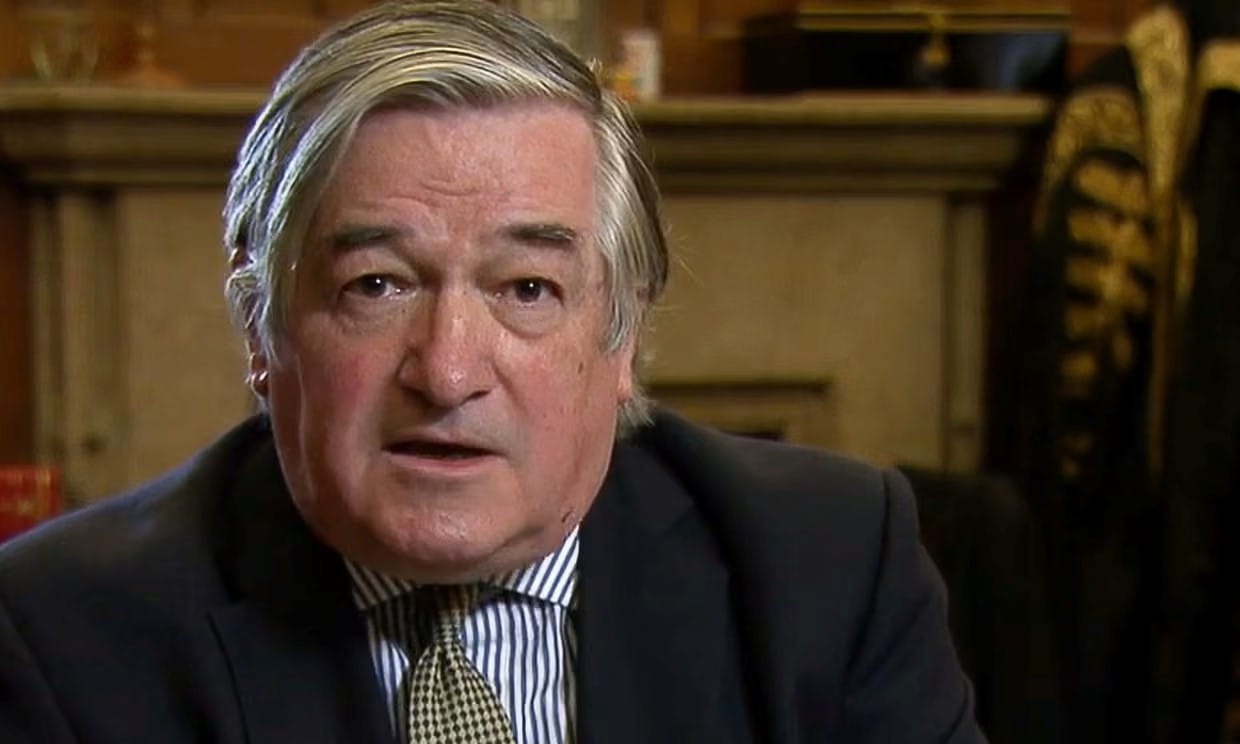Re: H (A Child) (Appeal: Child Maintenance)
Henke J. A failed appeal by the father against the extension of the duration of a child maintenance order beyond the age of eighteen years.
Judgment date: 17 September 2025
https://caselaw.nationalarchives.gov.uk/ewhc/fam/2025/2361
Overview
Henke J. A failed appeal by the father against the extension of the duration of a child maintenance order beyond the age of 18 years.
Case summary
The hearing was an appeal by the father against the extension of the duration of a child maintenance order beyond the age of 18 years, an order made by HHJ Oliver on 26 April 2024.
The original child maintenance order (by District judge Hudd, 18 February 2019) was the sum of £350 per month; [30]. On 26 April 2024, HHJ Oliver extended the term of the order beyond the child’s 18th birthday until 31 August 2028. The duration of the order, not the quantum payable, was the subject of this appeal.
Background to the hearing
The formal application before HHJ Oliver in January 2024 and April 2024 was the respondent’s D50K for the enforcement of existing spousal and child maintenance orders.
This hearing was adjourned to April to enable the appellant to apply to vary downwards the amount payable under child and spousal maintenance orders which were already in existence and to provide medical evidence.
The father did not apply to vary downwards and at the hearing on 26 April 2024 he said this was because by then he had the means to comply with the orders then in force; [3].
At that hearing, HHJ Oliver extended the child maintenance order until 31 August 2028. The appellant appealed; [3]. The grounds upon which permission to appeal was granted were that; [1]:
(1) the appellant was not given notice of an application to extend the duration of the existing child maintenance order; and
(2) the length of order arguably extends beyond the child’s tertiary education.
History of the appeal
The appellant argued that:
‘The judge gave no reason in the hearing except that the Respondent needs it and the judge himself can make such an order.’
The appellant argued that case law requires exceptional circumstances to make such an order and there was no such justification provided by HHJ Oliver; [13].
In his appeal, the appellant stated that; [11]:
- The application to extend the duration of the child maintenance order was made informally in the respondent’s skeleton argument for the hearing on 24 January 2024.
- The mother’s application to vary was made by the respondent in a skeleton argument which was sent to court for the hearing on 26 April 2024. However, that it was sent to an unmonitored email address and not received. The appellant alleged that the respondent knew that the appellant would not access this email address, [12].
- It was filed after the child turned eighteen.
The respondent asserted that; [16]:
- The skeleton argument for the hearing at first instance was served to the correct email address belonging to the appellant on 23 January 2024.
- Within the skeleton argument she made an application for the child maintenance order to be extended beyond the child’s 18th birthday
- The application was made before the child turned 18 (on 2 February 2023) and disposed of after the child’s birthday.
- That the appellant also had notice of the application through an oral argument which she says she presented before HHJ Oliver in January 2024 and her letters to the respondent dated 9 February 2024 which mentioned the application to extend beyond their child’s 18th birthday to the appellant.
The hearings before HHJ Oliver
The judge considered the transcripts of the hearings before HHJ Oliver (on 24 January 2024 and 26 April 2024), and the bundle from 26 April 2024.
The focus of the January hearing was on the need for the appellant to make a formal application to vary the quantum of the previous orders for spousal and child maintenance. However, the judge stated that it would be crucial to the appeal that the mother includes a passage in the bundle prepared for the appeal stating that the child will be in tertiary education until the end of July 2028.
At the hearing on April 26, the judge’s reason for extending the child maintenance was that the child was in tertiary education, given the importance of supporting children through such a period.
The law
The judge considered s 29 Matrimonial Causes Act 1973. She stated that it provides that no financial provision order or property adjustment order shall be made for children who have reached the age of 18 unless:
- they are in continuing education; or
- there are special circumstances such as physical or mental disability.
She highlighted that it also provides that in the first instance a child maintenance order should be specified to extend to the age of 18; [25].
In UD v DN (Schedule 1 Children Act 1989: Capital Provision) [2021] EWCA Civ 1947, the court held that it can make an order under paragraph 1 of Schedule 1 of the Children Act 1989 when the child concerned had attained the age of 18 between the date of the application and the date of the proposed order (Jones v Jones [2001] Fam 96). This is to avoid a properly constituted application being defeated by the passage of time. This power comes from the initial words of paragraph 1(1) Schedule 1 of the Children Act.
The authorities demonstrate that the court had power to make an order for financial provision which would benefit the child when they were over 18 in the two situations mentioned before: (1) where the child is in ongoing education or training, or (2) where there are special or exceptional circumstances relating to the child (including physical or mental disability); [27].
In Tattersall v Tattersall [2018] EWCA Civ 1978, the court, with Moylan LJ giving the judgment, held that:
- No formal process was stipulated for an application under s 32 Matrimonial Causes Act 1973. He stated that such applications were often informally made as they arise through the court’s determination of other more substantive applications – ‘what is procedurally required will depend on the circumstances of the particular case’ .
- ‘that there is no principle which requires a judge to adjourn an enforcement application pending determination of a variation application. The objections to such a principle are obvious. It would enable the process to be too easily manipulated, if not subverted. It is a question for the judge to determine having regard to the circumstances of an individual case.’
In Mutch v Mutch [2016] EWCA Civ 370 the Court of Appeal deemed an application to vary under s 31 Matrimonial Causes Act 1973 which was raised in a solicitor’s statement in support sufficient to engage the variation powers of the court. Likewise, the judge noted that an informal application during existing proceedings under s 32 Matrimonial Causes Act 1973 was considered sufficient in relation to Tattersall. There is no reason why the position should be different under s 29 Matrimonial Causes Act 1973.
Discussion and outcome
The first ground of appeal, that the appellant was not given notice of any application to extend the duration of the existing child maintenance order, failed. The informal application to extend the duration of the child maintenance order was sufficient to engage the court’s powers under s 29 Matrimonial Causes Act 1973 and the appellant had had notice of the application, the basis upon which it was made, and the child’s needs; [32].
The date of the informal application and the date the appellant was notified were before the child’s 18th birthday.
The second ground of appeal, that the duration of order made by HHJ Oliver extended beyond the child’s tertiary education, also failed; [34]. The evidence before the court and the respondent’s submissions from 24 January 2024 and 26 April 2024 provided the judge with the evidential basis to extend the child maintenance order under s 29(3)(a) Matrimonial Causes Act, namely that the child is and will be attending an educational establishment or undergoing training for a trade, profession or vocation; [34]. The respondent had set out convincing arguments for why the child’s tertiary education would continue to 31 August 2028; [35].
The appeal was therefore dismissed and the order of 26 April 2024, as drafted by HHJ Oliver, was to remain in force.






